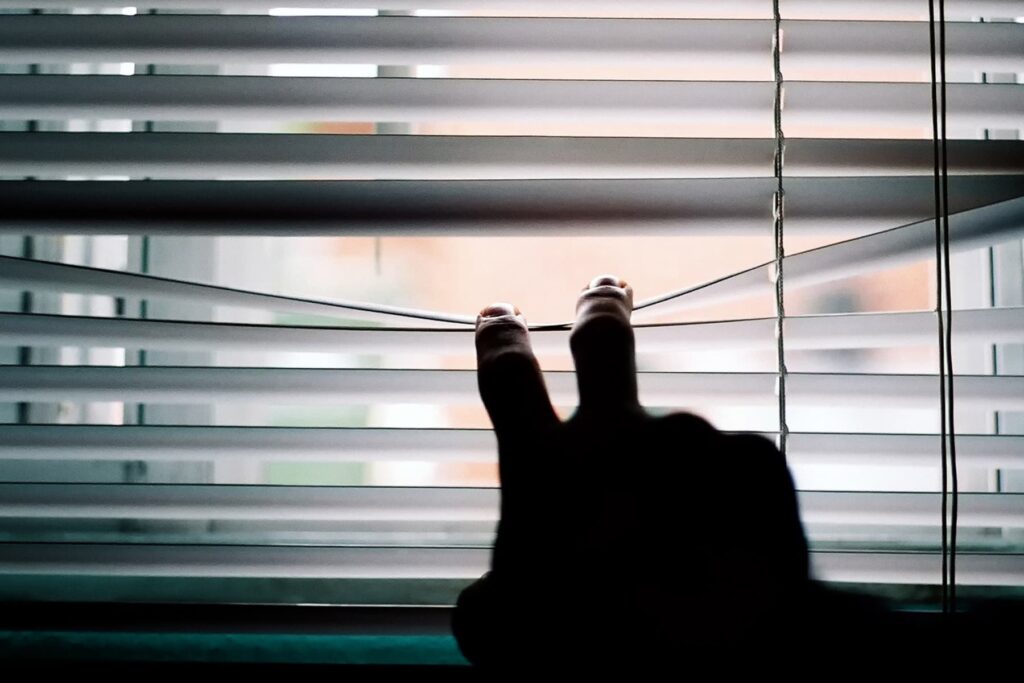Sonja Wasden tells Kara Mayer Robinson
I am a mental health advocate who lives with major depression.
I speak to Fortune 500 companies, women’s prisons, firefighters, police officers, drug rehab centers, nonprofits, and the media about the importance of mental health.
My hope is to break the stigma and let people know they are not alone and that they can still live a great life despite their mental health challenges.
Common misconceptions about major depression
An important part of destigmatizing depression is breaking down common misconceptions. Although perceptions of major depression are changing, many misconceptions remain.
For example, people often think of depression as something that can be ignored or flipped like a light switch. They might say things like “Cheer up” or “Be happy.” But depression is not an option. It’s a feeling, and it’s real.
Another misconception is how it appears on the surface. Just because someone seems happy doesn’t mean they don’t have struggles. People with depression often put on a happy face to hide their emotions from others.
People sometimes think that people with depression are trying to get attention. But no amount of attention to the painful feelings of major depression is worth it.
The problem with ongoing stigma is that it can prevent you from speaking out and getting the help you need. This shame may even be triggered by your own feelings. In the past, I often felt unworthy or worthless because of my depression.
But people with major depression are some of the most resilient and hard-working people I know. It takes courage to face this situation day in and day out.
People with chronic illnesses such as cancer or diabetes are often told that they are brave, courageous and inspiring. People with major depression should be told the same thing.
how it changes
Perceptions of major depression are changing. People are talking about mental health more, which helps.
COVID-19 has put depression in the spotlight. Studies report an increase in the number of people suffering from depression. For people with lower incomes and higher levels of stress, the share has tripled since the start of the pandemic.
As depression becomes more prominent, we are having more important mental health conversations. There is a greater awareness that people from all walks of life experience depression. Not only do these honest conversations make people feel less alone, they also encourage people to speak up.
It’s also helpful that treatment is more common now. More and more people are willing to get treatment to improve their lives, even if they don’t suffer from a mental health problem. This significantly reduces the stigma of receiving treatment.
But there’s still a stigma surrounding taking mental health medications. It is stigmatized to the extent that many people who need it refuse to take it, even though it would help them improve their lives dramatically.
Accept your diagnosis
Understanding that you have major depression can be difficult.
When I got the diagnosis, my whole soul rebelled. I feel like my doctor is giving me a life sentence. I feel hopeless and helpless. I don’t know how I can live a normal life with depression.
But things have changed. I am grateful for my doctors, medication, DBT (dialectical behavioral therapy), and therapists who have taught me that I can still live a worthwhile life despite my depression. Through medicine and learning new skills, I now have a very good and fulfilling life.
When you learn that you have been diagnosed with major depression, the first step in the healing process is radical acceptance. When you fight the blues, it only gives them more fuel to thrive.
When I stopped fighting my diagnosis and started accepting it, my quality of life improved. Of course, I still have hard days that I have to accept and cope with, but the amazing thing about acceptance is that it stops the unnecessary pain caused by resistance.
Remember, there are millions of people who have successfully battled all kinds of difficult illnesses. You are not alone. Chronic illness is not fun and requires daily management, but there is power in acceptance. This is the only way forward.
Your life may be different from other people who don’t have depression, and that’s okay. But that doesn’t mean you can’t have a fulfilling and meaningful life. Try self-help, self-love, and patience.
How to help break the stigma
Breaking stigma requires the participation of everyone: celebrities, public figures, family, friends, schools, government leaders, news media, advocacy groups, doctors, therapists, and individuals.
One of the best ways to help break the stigma is to allow and participate in mental health conversations. Educate yourself. Be careful about the language you use. Show equality between physical illness and mental illness. Be compassionate.
Talk about it at work, with friends and family. Post content about mental health awareness on Instagram, Twitter and Facebook. Be a drop in the bucket. Every voice matters.

